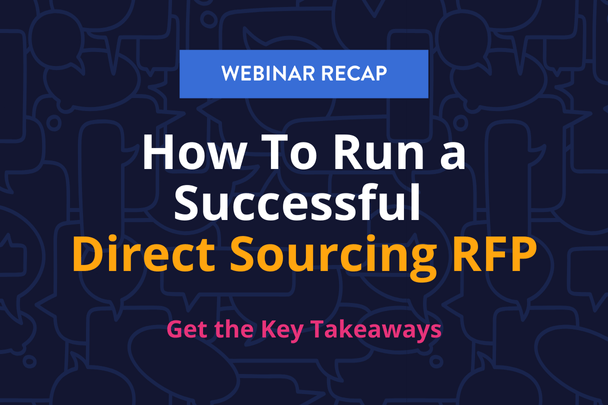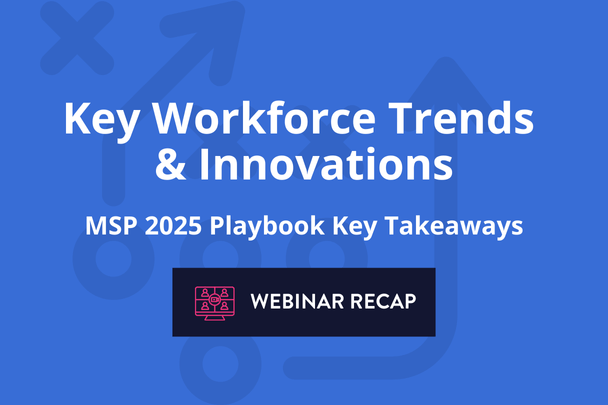The explosive growth of the gig economy means more and more Americans are earning money through nontraditional, short-term, and contract work. Gallup found that 28% of workers have some type of self-employment. Of those, about 14% rely on self-employment as their primary income. Independent contractors (IC) are essential to this gig economy, and organizations increasingly turn to them for their specialized skill sets. These skill sets include:
- IT
- Retail
- Construction
- Business consulting
- Writing and content creation
- Graphic design
- Marketing
If you’re considering hiring independent contractors, it’s important to be aware of the potential risks involved. In this article, we explore two key risks of working with contractors – misclassification and security concerns – and offer tips on mitigating them. Read on to learn what specific best practices you should implement to minimize legal and financial exposure for your company..
What are the risks involved in hiring independent contractors?
—–
Misclassification
Proper classification is vital to engaging an independent contractor. You should ensure that independent contractors are properly classified under the law and not misclassified as employees. Because of this, the “ABC” factor test is an effective method many states use to determine a worker’s status. Employers must demonstrate if the worker satisfies each factor below:
- Factor A: Worker is free from the control and direction of the hiring entity in connection with the performance of the work.
- Factor B: Worker performs work that is outside the usual course of the hiring entity’s business.
- Factor C: Worker is customarily engaged in an independently established trade, occupation, or business of the same nature as that involved in the work performed.
In addition to determining status through the ABC Factor test, you should accurately document all independent contractor engagements, including the terms of the agreement, work to be performed, payment terms, the contractor’s responsibilities, and any other relevant information. You should also train managers and other employees on the proper use of independent contractors and establish policies to ensure compliance with all applicable laws and regulations. If you follow these steps, you will make significant progress toward proper classification and engagement.
Security Risks
Engaging independent contractors also means allowing access to your internal systems on non-company equipment. However, this comes with risk; but it, too, can be mitigated with solid security policies. Here are six tips for security best practices:
- Run background and identity checks to look for red flags
- Require non-disclosure agreements to cover sensitive or proprietary data.
- Keep records of all independent contractors that have access to your systems.
- Limit access to only what the independent contractors need to complete their project.
- Provide unique usernames and passwords generated by your system administrator.
- Revoke access at the end of the engagement.
Consult an Expert
If you are unsure of the applicability of your company’s current policies and procedures, it may be time to partner with an external consultant for guidance on the issues we have outlined. Experts in IC compliance can help to assess and classify workers and are well-versed in the evolving federal/state guidelines that guide that classification. Further, they can also provide indemnification against misclassification as laid out above.
Atrium has over 25 years of experience in IC Compliance and offers a proprietary independent contractor compliance technology to support the evaluation process and the overall management of Independent Contractors. You can learn more about our IC Compliance solutions here.








